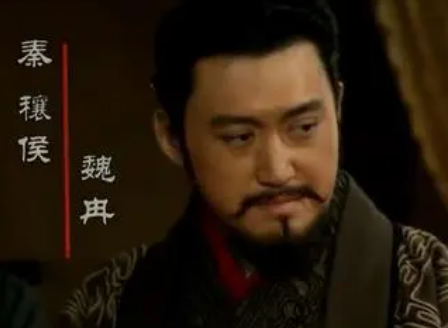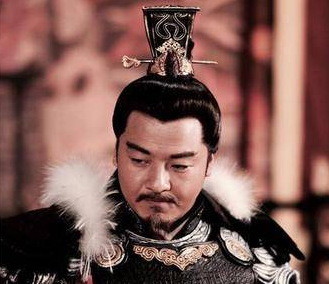Li Shimin, the Emperor Taizong of the Tang Dynasty, one of the renowned emperors in Chinese history, has always been a focal point of attention for historians and literary creators due to his wisdom in governance and personal charm. Throughout his life, he held starkly contrasting attitudes towards two significant figures from the Jin Dynasty - Sima Yi and Sima Yan. Understanding this difference not only helps us delve deeper into the ideological world of Li Shimin, but also provides a more comprehensive understanding of history.

Firstly, Li Shimin's aversion towards Sima Yi. Sima Yi, a renowned politician and military strategist from the late Cao Wei period, later became the founder of the Western Jin Dynasty. Despite his remarkable talents in politics and military affairs, Li Shimin did not hold him in high esteem. In the "Zi Zhi Tong Jian" (Comprehensive Mirror to Aid in Government), Li Shimin explicitly expressed his disdain for Sima Yi, stemming primarily from his cruelty, ruthlessness, and duplicity in power struggles.
Sima Yi gradually weakened the power of the Cao Wei imperial family through numerous coups, ultimately usurping the throne. Such behavior was undoubtedly unacceptable to Li Shimin, who emphasized loyalty and benevolence. Therefore, Li Shimin displayed a clear aversion towards Sima Yi.
Secondly, Li Shimin's appreciation for Sima Yan. Sima Yan, the grandson of Sima Yi, was the founding emperor of the Western Jin Dynasty. Unlike his grandfather, Sima Yan demonstrated political wisdom and finesse in seizing power. During his reign, he implemented a series of reform measures that brought a degree of stability and development to the country.
Li Shimin held a relatively favorable view of Sima Yan. He believed that Sima Yan possessed foresight and decisiveness in handling political issues. In particular, Sima Yan adopted a relatively moderate strategy towards the Cao Wei imperial family, reflecting his benevolence and wisdom to a certain extent.
In conclusion, through analyzing Li Shimin's different attitudes towards Sima Yi and Sima Yan, we can see that he placed great emphasis on moral character and political wisdom when evaluating historical figures. In his view, a good ruler should possess qualities such as loyalty, benevolence, and wisdom, which were also the principles he upheld in governing the country.
Moreover, this difference in attitude also reflects Li Shimin's profound understanding and unique insights into history. He was able to draw lessons from the actions of historical figures and apply them to his own governance. Such a historical perspective and humanistic concern are worthy of our in-depth study and learning.
Disclaimer: The above content is sourced from the internet and the copyright belongs to the original author. If there is any infringement of your original copyright, please inform us and we will delete the relevant content as soon as possible.































